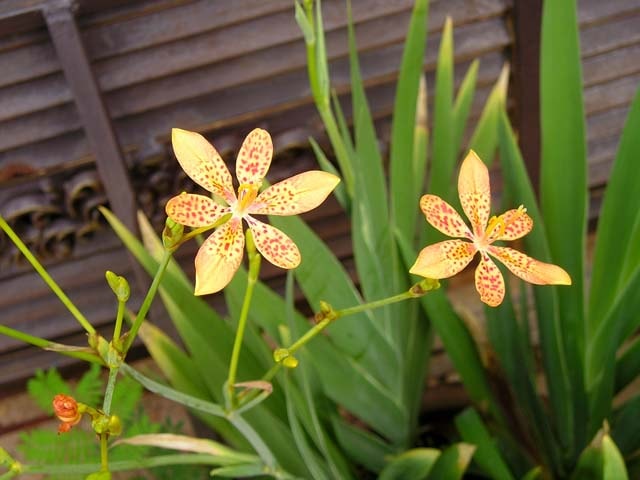Good medicine for asthma
Bronchial asthma is a condition of hyperreactivity in the bronchi to various stimuli, characterized by shortness of breath with wheezing due to bronchial smooth muscle spasm, mucosal edema and increased bronchial mucus secretion.
Asthma can occur at any age, but especially in the elderly. There are many causes, but they all cause two main types of damage: chronic inflammation of the respiratory tract and bronchial hypersensitivity. Based on the cause, people divide the disease into the following types:
Allergic asthma: Asthma is often caused by environmental factors such as dust, pollen, animal hair and food... Asthma attacks often appear suddenly but also subside suddenly and are prone to recurrence. The disease is common in children and has a clear familial nature.
 |
| Musk |
Nonatopic asthma: The disease is often caused by bacteria and viruses that cause chronic respiratory inflammation.
Drug-induced asthma: There are many medications that can cause asthma attacks, the most common being aspirin.
Occupational asthma: Patients inhale dust, gases or are exposed to chemicals that stimulate bronchial spasms and increase bronchial mucus secretion.
Asthma attacks often appear suddenly, at night or when the weather changes. Warning symptoms are sneezing, runny nose, itchy or red eyes, dry cough for a few hours or drowsiness. Difficulty breathing begins slowly, with a wheezing sound that can be heard by others, difficulty breathing gradually increases, having to lean on the bed to breathe, fatigue, sweating, intermittent speech. Difficulty breathing lasts 5 - 10 minutes, sometimes for hours, sometimes the attack lasts all day without stopping, then gradually decreases and ends with a coughing fit and phlegm. The phlegm is clear, thick and sticky, the more phlegm you cough up, the more comfortable you feel. After the attack, the patient can fall asleep.
According to traditional medicine, bronchial asthma belongs to the category of "hyperventilation" and "phlegm and dampness". The cause is due to external pathogens, irregular eating and drinking, and overwork. Regarding the internal organs, due to changes in the activity of the lungs and kidneys, because the lungs declare and descend and the kidneys absorb qi, the disease is closely related to phlegm. Phlegm is a pathological product of spleen deficiency that cannot transport water and dampness, kidney yang deficiency that cannot warm spleen yang that transports water and grain and air to transform water, and lung qi deficiency that cannot descend and regulate the water passages. Clinically, the symptoms of phlegm are increased, shortness of breath, chest tightness, and tightness.
Asthma has many forms with different remedies as follows:
Asthma
Symptoms: shortness of breath, wheezing in the throat, chest tightness, thin phlegm, no thirst, like hot drinks, white sticky tongue coating, floating and rapid pulse.
Prescription: 10g of musk, 8g of asarum, 12g of ephedra, 6g of schisandra, 6g of pinellia, 8g of purple gracilisia, 3 jujubes, 3 slices of ginger, 10g of fritillary flower.
Heat asthma
Symptoms: acute asthma, wheezing in the throat, thick phlegm that is difficult to cough up, chest tightness, heavy breathing, thirst for cold drinks, bitter mouth, red face, red tongue, yellow sticky tongue coating, rapid pulse.
Prescription: 10 ginkgo biloba, 6g licorice, 8g almonds, 12g perilla seeds, 8g scutellaria root, 6g pinellia ternata, 10g mulberry bark, 10g fritillary flower.
Boil the above medicines and drink 1 dose per day. Divide into 3 doses per day while the medicine is still warm. How to boil: put the medicine in a pot, add 750ml (3 bowls) of water, boil thoroughly for 1 hour, then filter to get 250ml (1 bowl) of medicine.
According to Health and Life






